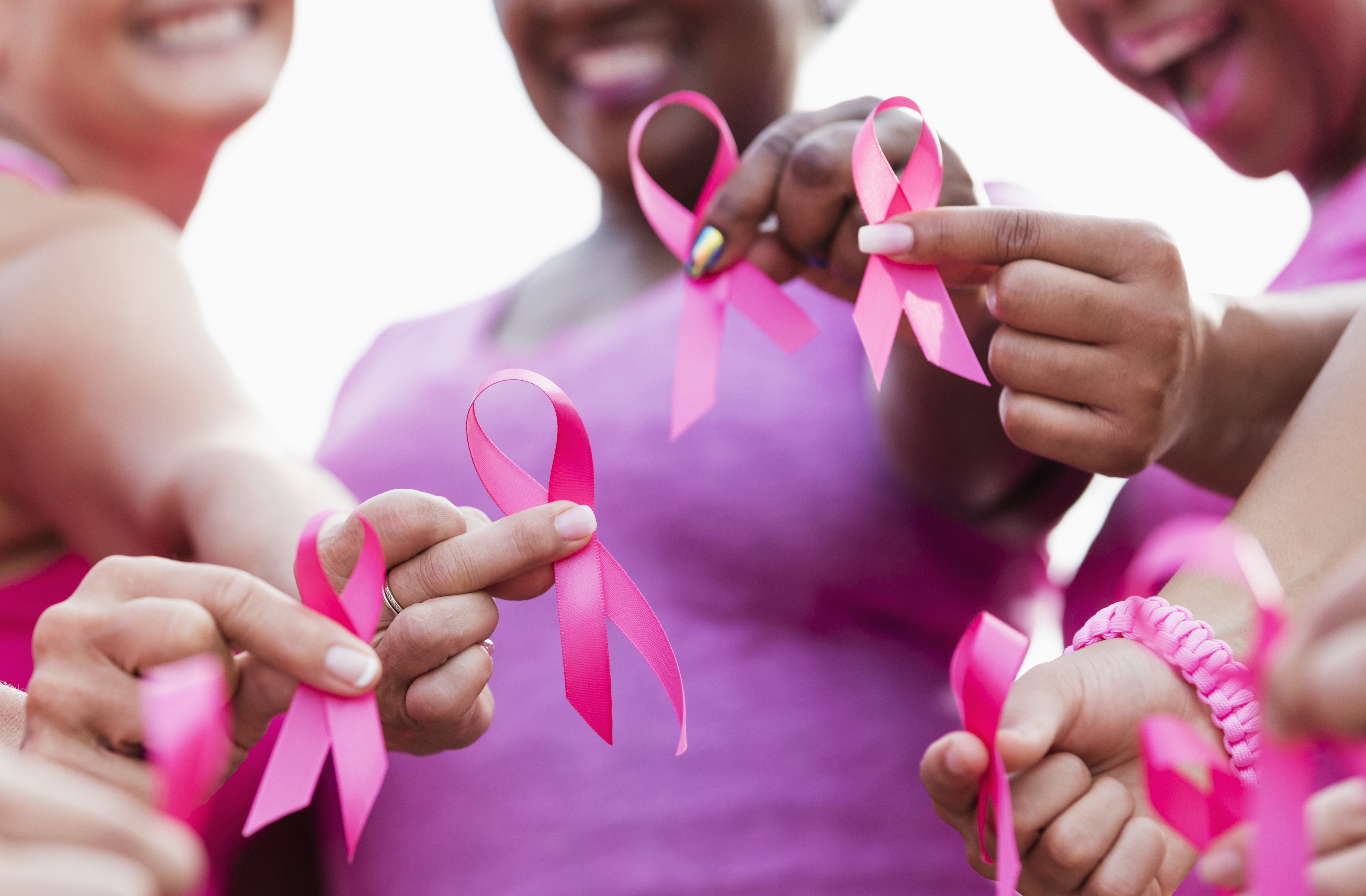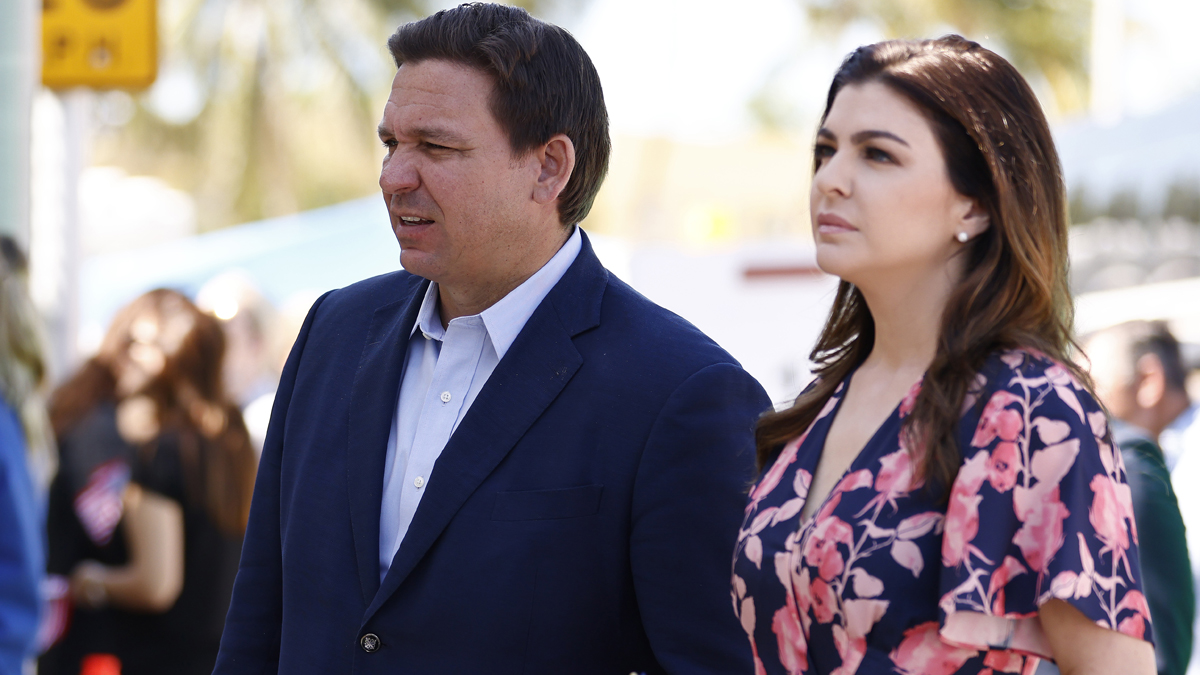Many women had to cancel or delay routine screenings so that doctors could treat COVID-19 patients and slow the spread at the height of the pandemic. The problem is that many never rescheduled their appointments, and now hospitals are dealing with a backlog.
"Women are often fearful about getting their mammograms, and COVID just really exacerbated that fear and anxiety," said Shari Sitron, director of Oncology Support Services at Virginia Hospital Center in Arlington.
It's that fear and anxiety, plus pandemic precautions, that led to 22 million missed cancer screenings nationwide last year.
At Virginia Hospital Center, they're seeing the impact firsthand.
"We saw about a 20% drop in mammogram screenings," Sitron said. "That doesn't sound significant, but over time, the numbers really add up."
Now, as women start coming in for their mammograms, some are finding out they have cancer, and time has made that cancer more advanced and harder to treat.
"We're seeing a lot more metastatic disease than we ever have in the past," nurse Margaret Navarro said. "It's already gone from the primary site in their breast and it's gone beyond into the lymph. Could be in the bone."
Navarro helps patients navigate the daunting process after their diagnoses and through their recoveries. She says she's never been busier and says there's still a backlog of patients who need to be seen.
"I don't think we've reached our peak by any means," she said.
News4 sends breaking news stories by email. Go here to sign up to get breaking news alerts in your inbox.
To help meet the demand, Virginia Hospital Center has extended its hours, but wait times for an appointment may be longer than usual.
"They now take patients very early in the morning until late in the evening," Sitron said. "So you can come before work; you can come after work. And they also offer Saturday and Sunday screenings. So it's a really great opportunity to get in now and make that appointment."
Despite the backlog, the hospital is working hard to get everyone in for their appointments.
The bottom line: Breast cancer is very treatable if it's caught early. That's why getting a mammogram is key to saving lives, by detecting the disease in its earliest stages and before symptoms appear. So if you haven’t gotten one yet, now’s the time to do it.



